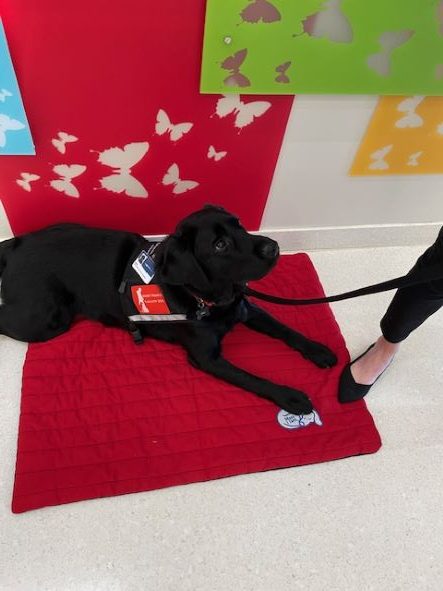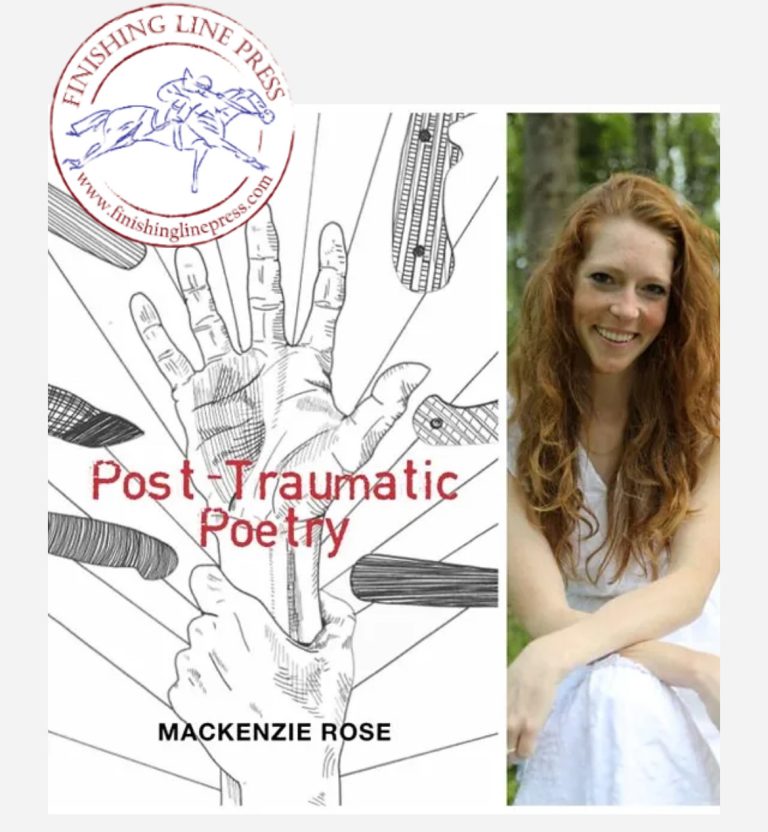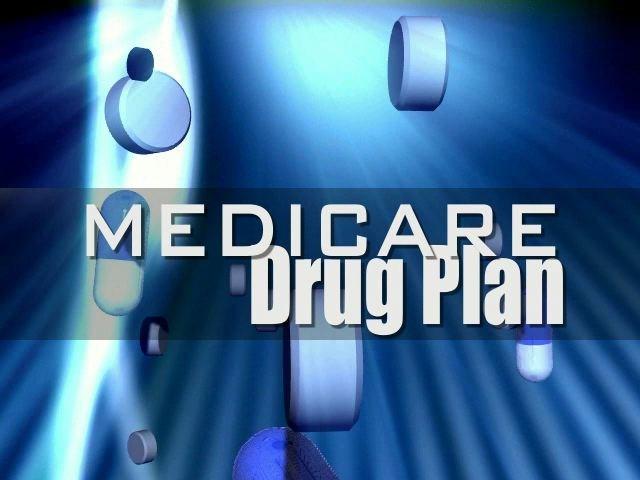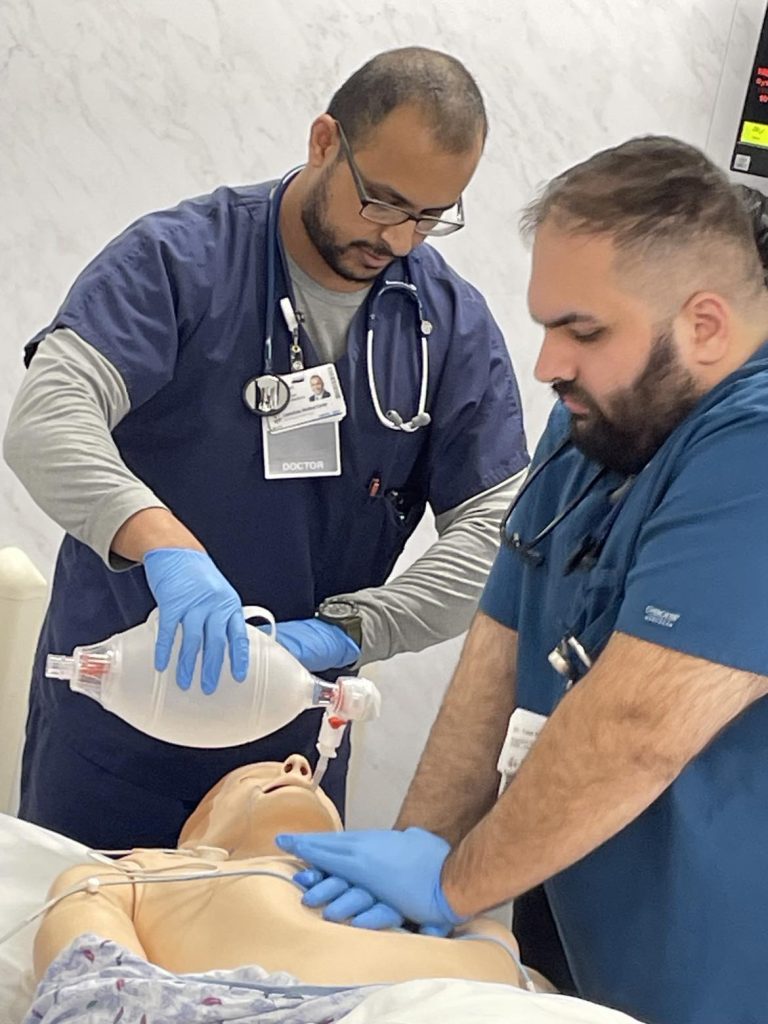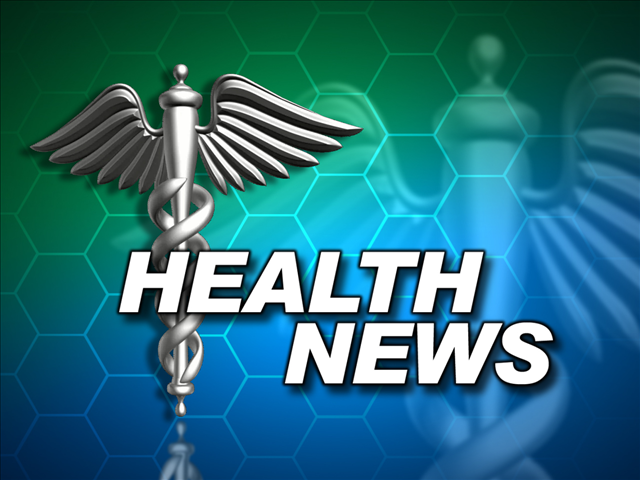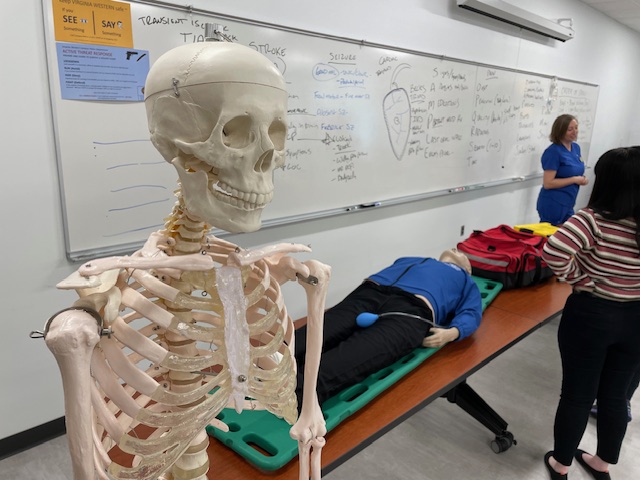The holidays can be a stressful time especially when those we care about have different political views. ...
Health and Medicine
If you are Medicare, you’ve heard this before…there are some changes that will impact your coverage. WFIR’s...
Now is the time to get or change your insurance plan through Virginia’s Insurance Marketplace. As WFIR’s...
As construction continues on the Carilion Crystal Spring Tower, a tour was offered today to media members....
One of the more recent hires at Carilion Children’s Tanglewood is a bit furry, likes to wag...
A new exhibit and workshop at Art on First in downtown Roanoke is leaning into the healing...
Carilion Clinic broke ground today on the new, 7-story, 257,000 square foot Carilion Taubman Cancer Center, which...
Health experts say now is the time to get vaccinated. Flu, Covid and RSV vaccines are available....
Next Tuesday is the start of the annual open enrollment window for medicare, which runs through December...
With the Tanglewood Mall YMCA anticipating their grand opening by the end of this year, events are...
A new training tool just officially launched at LewisGale Medical Center in Salem makes it easier for...
A 28-year-old Franklin County man is headed to UVA for a kidney transplant. As WFIR’s Denise Allen...
Virginia Western Community College has moved some of its healthcare courses to the Greenfield Education and Training...
According to the U-S Department of Veteran Affairs there were nearly 64-hundred veteran suicides from 2020 to...
September is National Recovery Month – it also marks the 8th anniversary for the Bradley Free Clinic’s...





